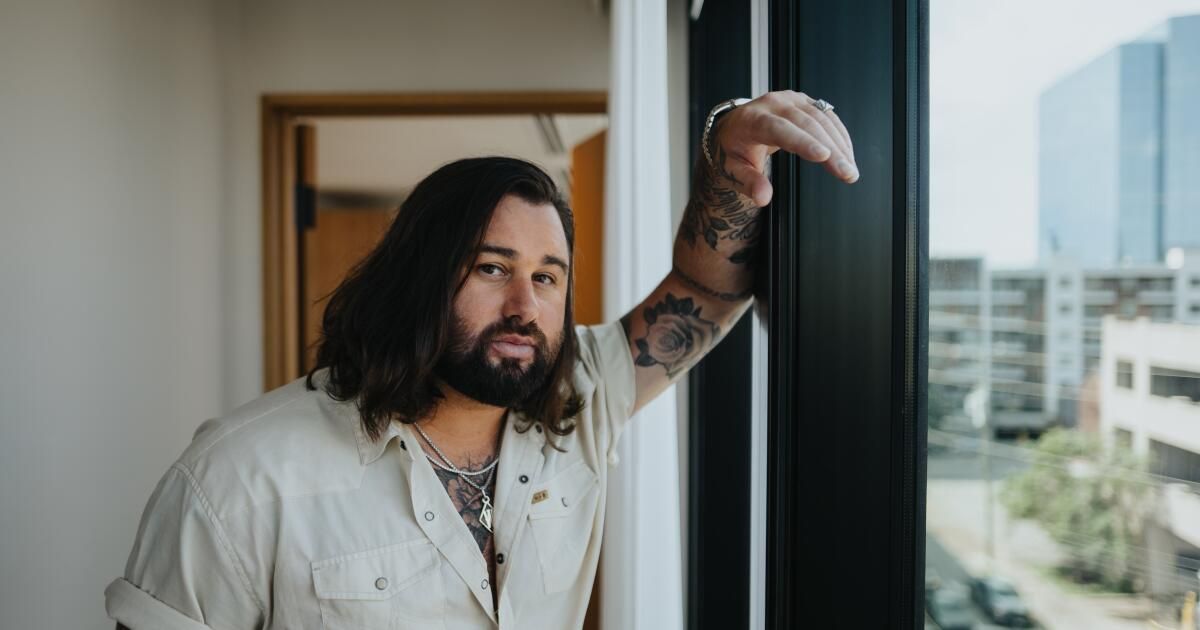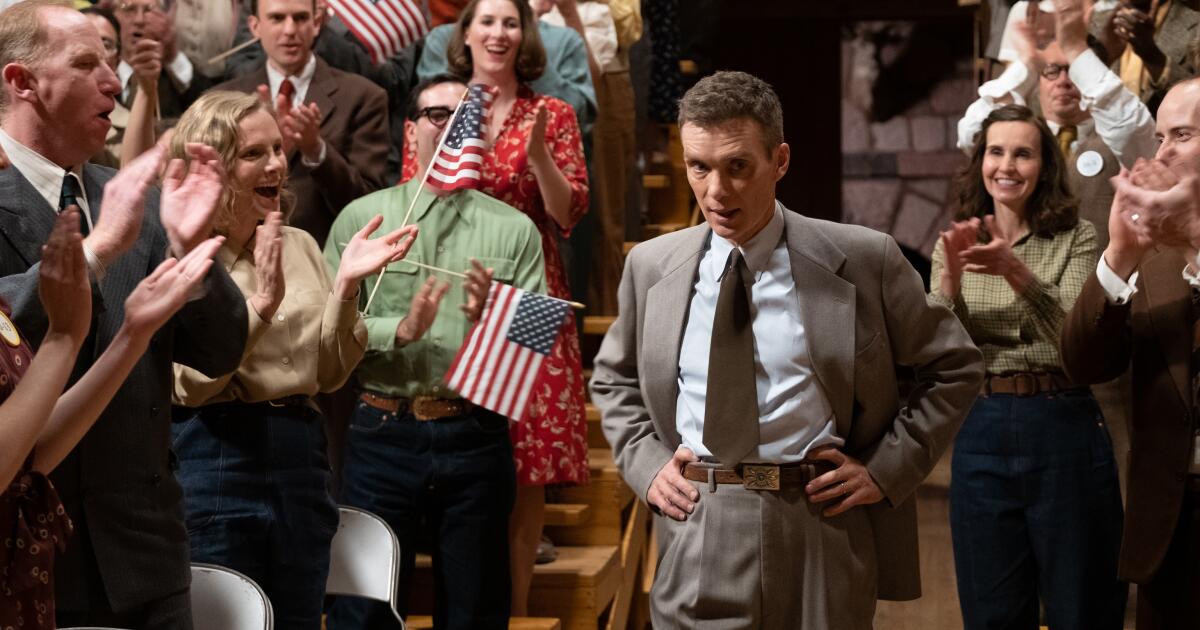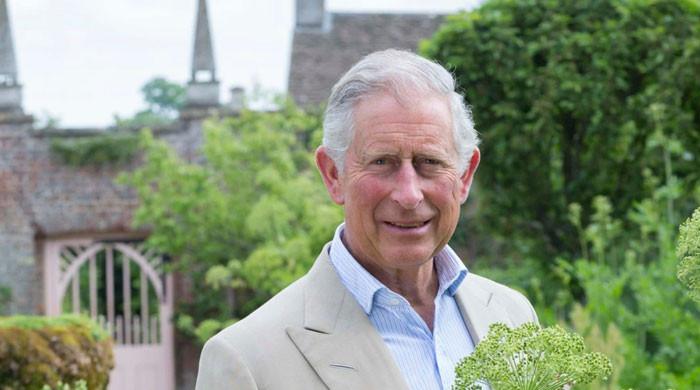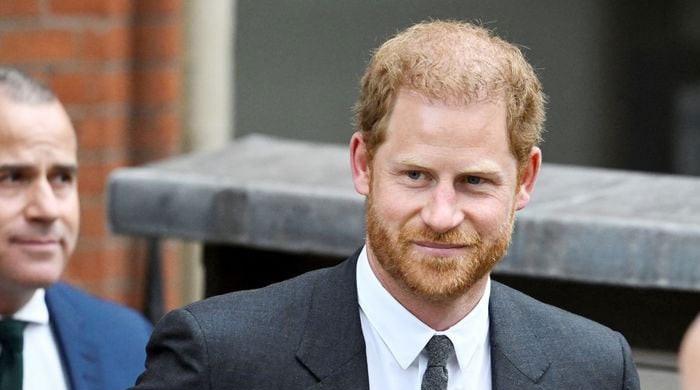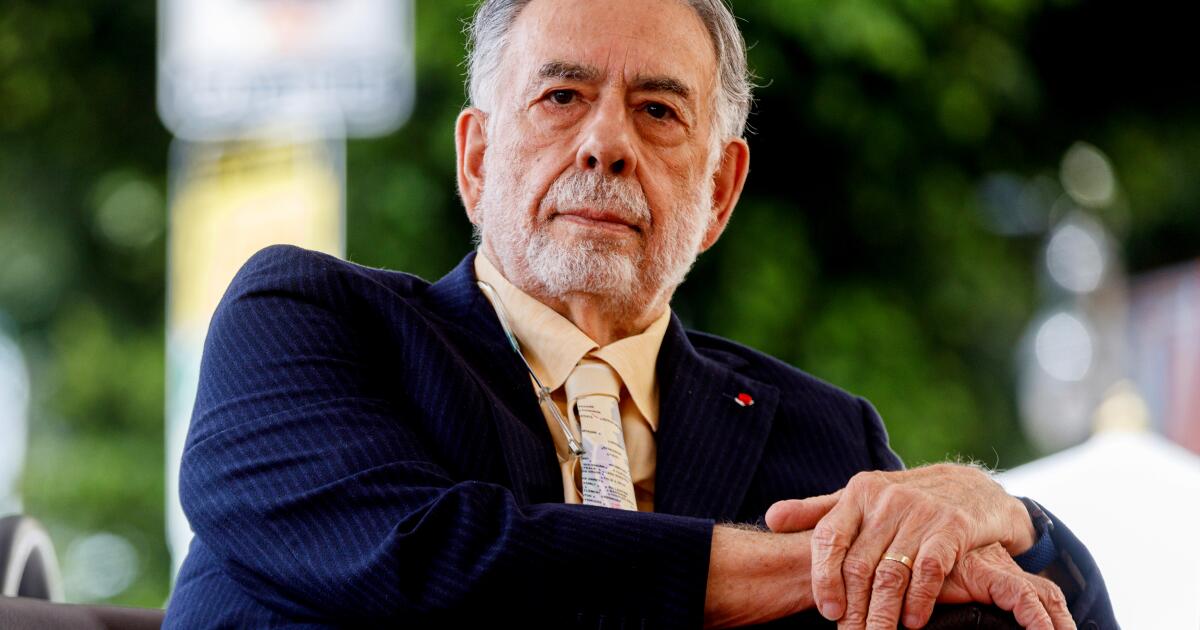Koe Wetzel calls in from Nashville, two nights after a recent visit to “a two-night town,” as the lifelong Texan describes the country music capital.
“It's like my new Vegas, bro,” the singer-songwriter says, the previous night's festivities still audible in the tired strum of his voice over the phone. “I've been here since Tuesday and I'm ready to go.”
Wetzel, 32, made a name for himself on social media as a creator of loud, post-grunge country songs like “Drunk Driving,” “Something to Talk About” (“I could rob a bank in an old Mustang,” he sings, “I could fight the cops with my two bare hands”) and “February 28, 2016,” which proudly recounts the time he was arrested for public intoxication and spent a few days behind bars in Stephenville, Texas. (Fans now celebrate Feb. 28 as Koe Wetzel Day.)
His soulful new album, 9 Lives, however, reveals an older, slightly wiser troublemaker: On High Road, he's a guy in a broken relationship who chooses not to buy “a ticket to your shitty show,” while Damn Near Normal takes a hard look at the mind-numbing excess of life on the road.
Produced primarily by Gabe Simon, known for his work on Noah Kahan’s double-platinum “Stick Season,” “9 Lives” is more polished than Wetzel’s previous five LPs, with nods to R&B and ’70s soft rock amid echoes of Waylon Jennings and Puddle of Mudd; the musical songwriting is stronger, too, thanks in part to Wetzel’s recruitment of industry pros like Laura Veltz and Amy Allen, the latter of whom co-wrote Sabrina Carpenter’s 2024 pop hits “Espresso” and “Please Please Please.”
As a vocalist, though, Wetzel finds new emotional depths on songs like “Sweet Dreams,” about his tendency to ruin a good thing, and a yearning rendition of “Reconsider” by country songwriter Keith Gattis, who passed away last year. Another highlight is Wetzel’s stripped-down cover of “Depression & Obsession” by the late emo rap star XXXTentacion.
“I'm poisoned and I don't feel well,” he mutters as he strums an acoustic guitar, the quiet confessions of one tough talker providing somber comfort to another.
“I got a little tired of people thinking they know me from stories they’ve heard or what they’ve seen on Instagram,” Wetzel says from Nashville, where she landed to promote her album between tour dates. “I wanted to show them exactly who I am, like, ‘Hey, this is me, take it or leave it.’”
So far, listeners are embracing it. “Sweet Dreams” and “Damn Near Normal” have racked up tens of millions of streams on Spotify and YouTube; “High Road,” a duet with 19-year-old pop-country singer Jessie Murph, even cracked Billboard’s Country Airplay chart — a first for Wetzel, who until now seemed to operate at arm’s length from the mainstream country industry, establishing his fan base on the road rather than pumping out a steady stream of potential radio hits.
In his view, country music has grown and diversified so much in recent years — “There’s rock, alternative, bluegrass, indie,” he says — that “there’s no longer a stereotype of what the machine wants someone to be.” (The rise of Jelly Roll, a former rapper with a tattooed face, suggests he’s right.) “The music that’s being played right now is so varied,” says Wetzel, who will open for Nashville’s biggest star, Morgan Wallen, on Friday night at AT&T Stadium near Dallas. “I don’t even know if you can call country a genre anymore.”
Yet “9 Lives” does reflect certain stylistic trends, particularly the embrace of the aggressive rock of the late ’90s and early ’00s (see the resurgence of Shinedown) heard in the work of Hardy and Warren Zeiders and Bailey Zimmerman. On these songs, Wetzel also shares something with Zach Bryan, a fellow Nashville outsider who has built a mass audience (and begun to make inroads into country radio) by writing about his most intimate vulnerabilities.
Wetzel says of making “9 Lives”: “It was like a therapy session.” Has he actually been to therapy? “Not as much as I should have,” he says, laughing. “I grew up in a working-class family in East Texas, kind of a men-being-men environment, where you just accept things and move on. But as you get older, you take a step back and realize it’s OK to talk about these things.”
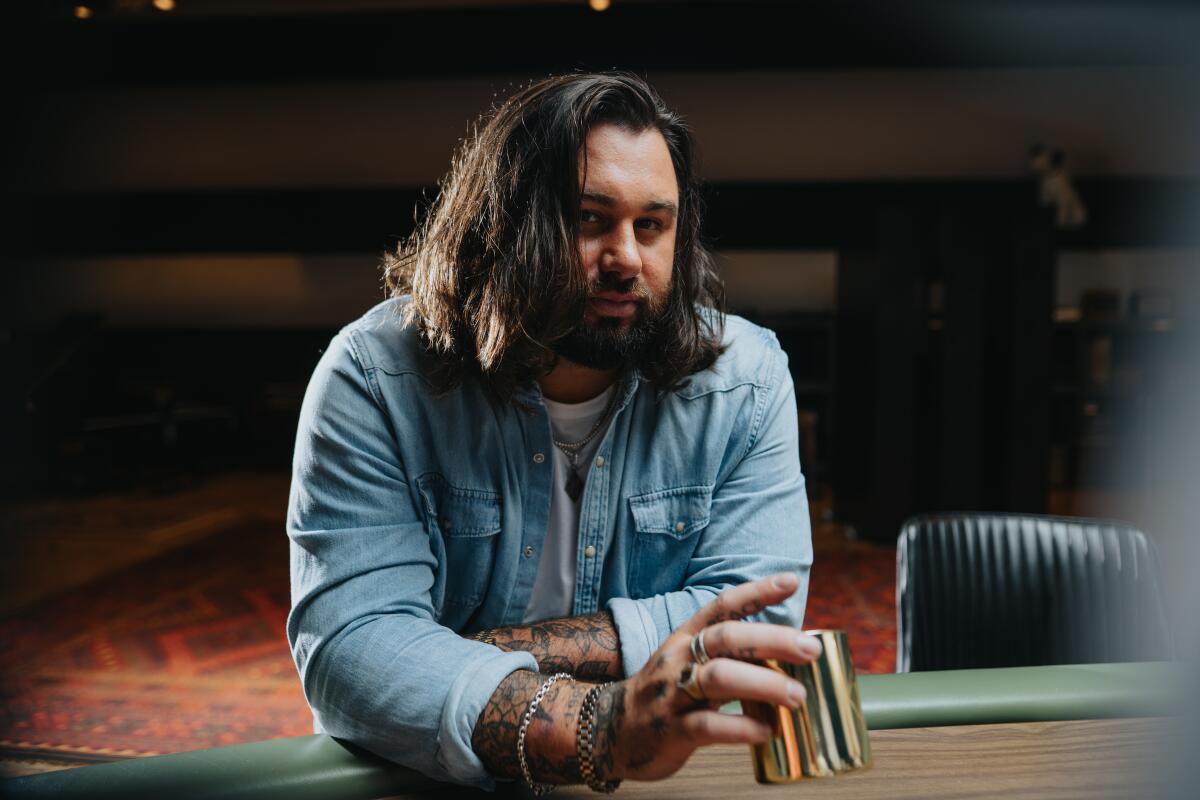
Koe Wetzel
(Hunter Hart / For The Times)
Born in the small town of Pittsburg, Texas (and named after country musician David Allan Coe), Wetzel played football in college but focused on music after a series of injuries. His success as a live performer eventually attracted the interest of Columbia Records, which released his first major-label LP in 2020 (he called it “Sellout”).
Ben Maddahi, the singer's A&R rep at Columbia, says label president Ron Perry knew Wetzel was poised for a big hit, even if Wetzel himself seemed unsure. “There's a joke here that Ron wanted a hit from the country music star on the label, so he sent the Persian Jew from Beverly Hills to go over there and do it with him,” says Maddahi, who has also worked with Wiz Khalifa and Pitbull.
Maddahi hooked Wetzel and Simon up for a songwriting retreat at Sonic Ranch, a studio near El Paso, where the producer “just sat on the floor with Koe and my journal, and I asked him questions about his life.” Songs came quickly, Simon says — several in two or three days at Sonic Ranch, then several more in two or three days in Nashville.
Not everything they wrote was as sloppy as “Sweet Dreams” or “High Road”: On the very playful “Leigh,” which sounds like a riff on the George Strait classic “All My Ex's Live in Texas,” Wetzel considers moving to Memphis to avoid mixing with women whose names end in “-leigh.”
But Simon evokes “Star Wars” to describe Wetzel’s mindset as they worked together. “Remember when they’re on the Death Star and they say, ‘Use the Force, Luke,’ to shoot down those torpedoes? We had this little window of time before Koe’s armor came back up.”
Some fans of Wetzel’s earlier, harder-edged material have reacted with suspicion to the softer emotional terrain she explores on “9 Lives.” This month, Murph said on TikTok that she had been called a “rat” for joining Wetzel on “High Road” and cheerfully noted that she had released a version of the song without her vocals.
“Her solo version is out. Go get her DUI!” she wrote. (Murph's rep said he was unavailable for comment.)
But Wetzel doesn’t seem generally bothered by the prospect of having turned someone against him. When asked about his current attitude toward police, years after his last arrest, he laughs. “I have a lot of friends who are on the police force, state troopers and so on,” he says. “As long as I’m not being put in the back of a police car, I support the blues.”

